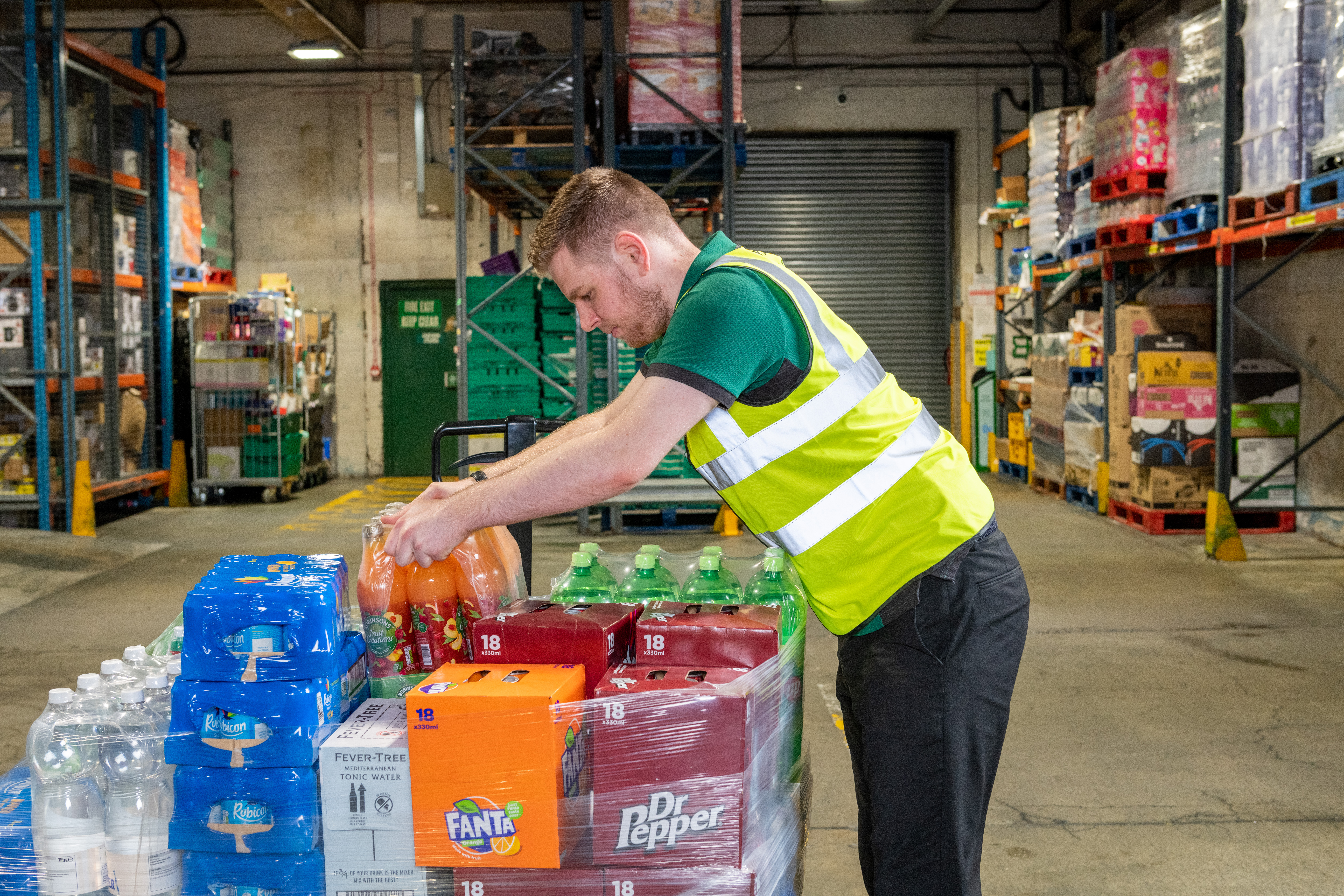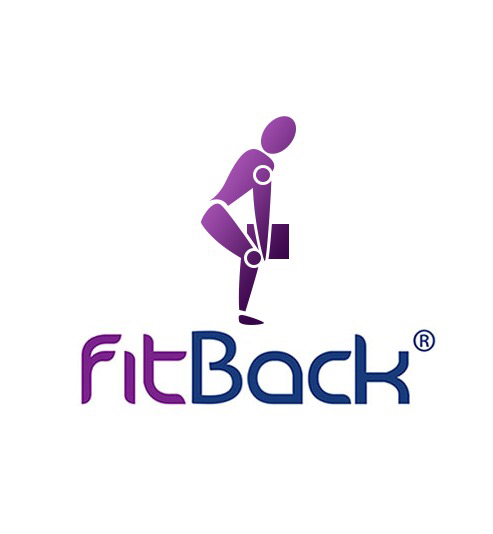
At FitBack, we go beyond generic training. We are a leading provider of Occupational Health Physiotherapy services, and we leverage this expertise to create bespoke manual handling and ergonomic training programs specifically designed to address the unique challenges of different industries.
 Prevent injuries, not just react to them: Our programs are built on a preventative foundation, helping you avoid costly musculoskeletal (MSK) issues before they arise.
Prevent injuries, not just react to them: Our programs are built on a preventative foundation, helping you avoid costly musculoskeletal (MSK) issues before they arise.- Industry-specific solutions: We understand the diverse physical demands placed on employees across different sectors. Our training is tailored to address the specific risks faced by your workforce.
- Engaging and interactive: Our fun and interactive training methods ensure maximum engagement and knowledge retention.
- Improved employee wellbeing: Happy, healthy employees are more productive. Our programs empower your workforce to make positive changes to their behaviours at work and home to improve their overall wellbeing
- Reduced absenteeism: By preventing injuries, you can significantly reduce absenteeism and its associated costs.
Manual Handling
Our manual handling training uses an evidence-based approach that focusses heavily on the prevention of musculoskeletal disorders, and application of skills in a real-world environment. For this reason, we do not teach ‘prescriptive’ (“bent knees, straight back”) ways of moving and handling. Instead, we focus on taking ownership of health and safety and equip delegates with a range of strategies to proactively control workplace hazards and improve their lifestyle. While all courses are fully tailored to each customer’s requirements, an example course outline has been provided below:
Ergonomic Training
FitBack’s Ergonomic training provides health and safety professionals with the skills to identify, objectively assess and implement effective controls to reduce workplace hazards. Our highly practical courses allow delegates to practice using and interpreting the data from a range of validated ergonomic tools in their own workplace setting, equipping them with the confidence to complete assessments independently. We work with our customers to ensure that the ergonomic assessment tools taught not only reflect their specific workplace hazards but are also informed by any internal accident or incident data.
A typical 2-day course outline has been detailed below:
